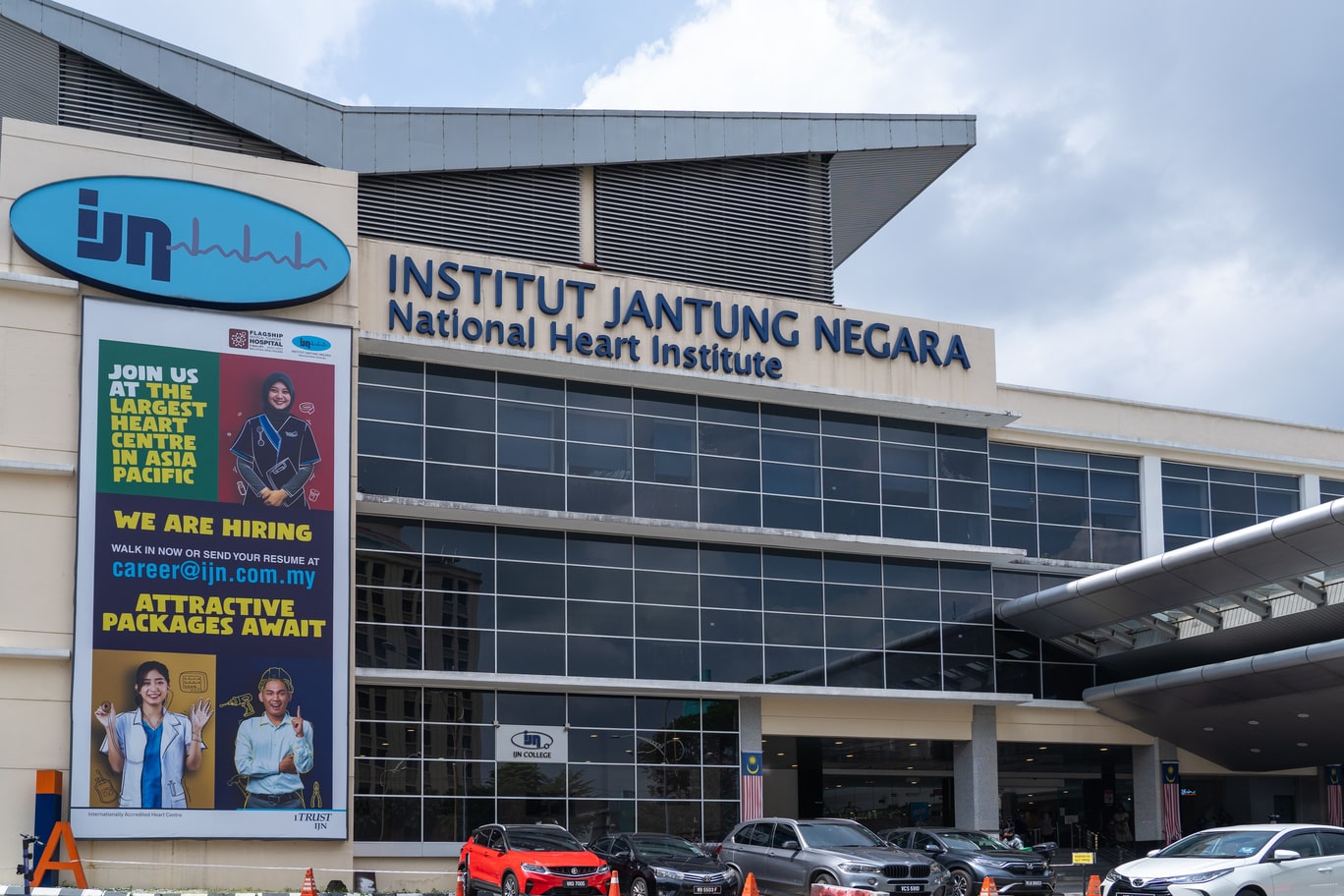KUALA LUMPUR, March 14 – Deputy Health Minister Lukanisman announced today that the Ministry of Health (MOH) will establish a task force to investigate the discharge of pensioners and civil servants from the National Heart Institute (IJN).
The task force will be tasked with studying the matter thoroughly, with details on its terms of reference (TOR), members, executive summary, and reporting timeline to the Cabinet set to be finalised imminently.
“I would like to reiterate that patients are only allowed to be discharged from IJN when their condition is stable, with a monitoring period of at least six months to a year for adults and one to two years for children. This matter is implemented in accordance with the Health director-general’s circular in 2002.
“Patients who have stabilised can still be referred to MOH hospitals for follow-up treatment. MOH hospitals are equipped with good equipment and facilities and have certified medical and surgical specialists who offer services comparable to IJN.
“This approach allows at least 4,000 to 5,000 new patients to be referred to IJN each year to optimise expenditure.
“Subsequently, MOH will establish a special task force to conduct a comprehensive study. MOH will soon finalise the task force’s terms of reference (TOR), members, executive summary, and timeline for preparing the study to be reported back to the Cabinet.
“The ministry’s corporate communications unit will also enhance strategic communication on this issue to avoid confusion among the general public,” Lukanisman said in his winding-up speech on the motion of thanks on the Yang di-Pertuan Agong’s royal address in the Dewan Rakyat.
The deputy health minister’s announcement on the new task force was made in response to questions by five Opposition MPs representing Kuala Langat, Hulu Terengganu, Indera Mahkota, Kuala Kangsar, and Kuala Nerus about the discharge of pensioners and civil servants from IJN to MOH, after CodeBlue published a letter to editor last February 26 by a pensioner who had complained about his recent discharge to an MOH cardiac centre after 25 years of care at IJN.
In his letter, which went viral, the pensioner said he had protested against the discharge because his condition was complex and that even though he was “stable” at the time of his recent discharge from IJN, his condition often deteriorated suddenly. The MOH facility he was referred to also did not have the drugs he was on in IJN.
However, the pensioner said he was informed by IJN cardiologists that his discharge was due to a cost-cutting measure by the government.
It is unclear exactly what is the problem that the government is trying to solve with the formation of a new task force that will report to Cabinet, with the MOH seemingly implying that the discharge of pensioners and civil servants from IJN is an existing policy, as per the Health DG’s 2002 circular.
Hence, it is likely that the new task force is indeed meant to address the complaints by the pensioner who wrote to CodeBlue — that the discharges from IJN were recent and aimed as a cost-saving measure for the government.
The pensioner’s letter to CodeBlue sparked political backlash, prompting responses such as that of former International Trade and Industry Minister Rafidah Aziz, who described the discharge of civil servants and pensioners from IJN as a “most shocking development” and an “inhumane” measure.
The Congress of the Union of Employees in the Public and Civil Services (Cuepacs) also issued a statement urging the government to maintain privileges granted to public servants, particularly regarding treatment at IJN, warning that discharging existing patients could lead to congestion and long waiting times at MOH cardiac centres.
Cuepacs said that cost-cutting measures should focus on other ad hoc programmes across all government levels, rather than essential needs such as health care.








